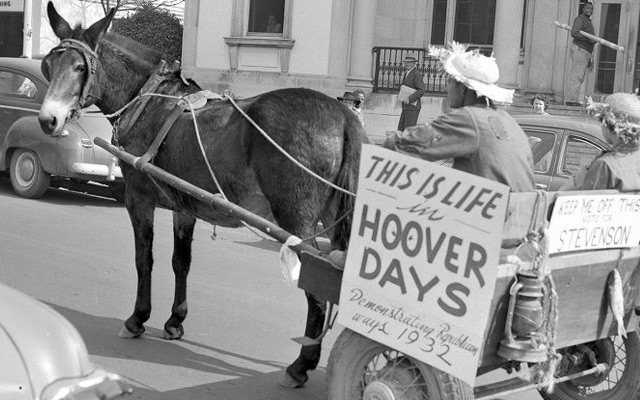Grifton sewing plant
- Title
- Grifton sewing plant
- Description
- Women working on sewing machines at a plant in Grifton. Date from negative sleeve.
- Date
- December 30, 1959
- Original Format
- negatives
- Extent
- 10cm x 12cm
- Local Identifier
- 0741-b19-fd-v19.d.83
- Contributor(s)
- Subject(s)
- Spatial
- Location of Original
- East Carolina Manuscript Collection
- Rights
-
Copyright held by East Carolina University. Permission to reuse this work is granted for all non-commercial purposes.
http://rightsstatements.org/vocab/InC-NC/1.0/ - Permalink
- https://digital.lib.ecu.edu/4130
- Preferred Citation
- Cite this item
- This item
-
 Grifton sewing plant
Grifton sewing plant
- My Collections Login
- Printable Feedback Form
- is part of
-
 Sleeve 83, Folder d, Box 19
Sleeve 83, Folder d, Box 19
- Found in theme/project
-
 Daily Reflector Images
Daily Reflector Images
-
 Manufacturing and Business
Manufacturing and Business
-
 Women's History
Women's History
- Location of Original
- Daily Reflector Negative Collection from the East Carolina Manuscript Collection
- View all digitized items from the Daily Reflector Negative Collection
Related Search Results
Public access is provided to these resources to preserve the historical record. The content represents the opinions and actions of their creators and the culture in which they were produced. Therefore, some materials may contain language and imagery that is outdated, offensive and/or harmful. The content does not reflect the opinions, values, or beliefs of ECU Libraries.
Contact Digital Collections
If you know something about this item or would like to request additional information, click here.
Comments
Comment on This Item
Complete the fields below to post a public comment about the material featured on this page. The email address you submit will not be displayed and would only be used to contact you with additional comments or questions.



I grew up in Grifton, what a great town. While in Grifton High School I worked in the sewing plant some in the summer as a mechanic to help the mechanic dept keep the sewing machines tuned, repaired and sewing straight and true. This picture is interesting because it shows some of the ladies sewing have a cart in front of them and some do not. This lets me know it was during a transition time when the mechanic dept, headed by Larry Armstrong, developed the cart concept to keep all of the pieces from each machine separate. More carts were ordered and each lady used one instead of piling their completed sewing projects on the floor. Doesn't sound like a big deal, but it kept all of the pieces from being mixed up. Getting the various pieces mixed up slowed down the ladies production considerably and tapped into their pay. Everyone was thrilled at how much time this "modern advancement " saved in production thereby increasing pay. It was the first time I witnessed such a modern advancement in the manufacturing process. Everyone thought Mr. Armstrong was a genius. In this year, at this time of manufacturing he was a man of innovation beyond his time. Memories of Grifton, a great little townJerry Butler